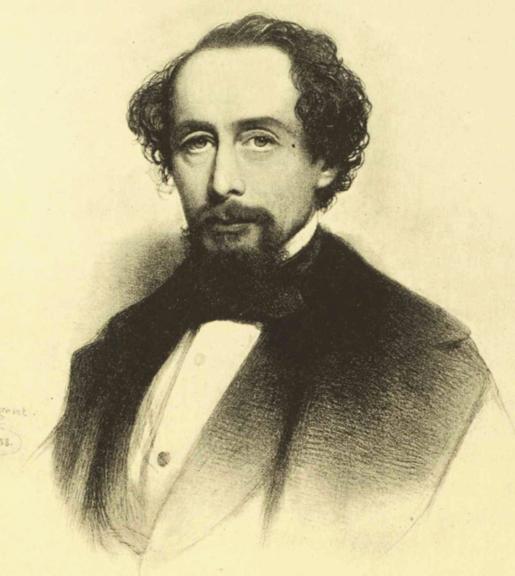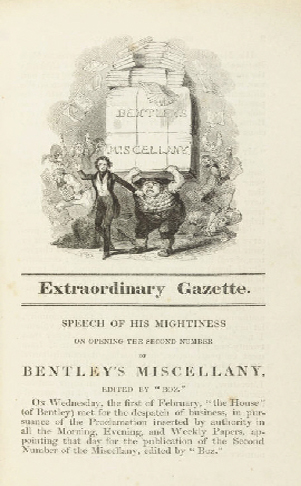Was Charles Dickens Really Paid by the Word?
Here is the latest in a series of examinations into urban legends about novels and novelists and whether they are true or false. Click here to view an archive of the novel urban legends featured so far.
NOVEL URBAN LEGEND: Charles Dickens was paid by the word.
Reader Audrey sent in this one awhile back, and it’s a very popular one – the notion that noted novelist Charles Dickens was paid by the word for his work.

This one is a bit tricky, as I suppose depending on the way you look at it, you could make some sort of argument to that effect, but I think it is such a stretch that it is effectively so misleading that “false” is still the best option.
You see, Dickens’ work was initially released, like many other writers, in serial form before then being collected into a novel and sold as one big story.
Most of Dickens’ early works were serialized in the literary magazine, Bentley’s Miscelleny, where Dickens was an editor for a time.

It was here that the standard format of Dickens’ novels were established, a format that he would bring over to later publishers, as well.
Dickens would produce 20 chapters, which would be released one chapter (contaning 32 pages of text and 2 pages of drawings) at a time for one shilling each. The last installment would have chapters 19-20 together and would be two shillings.
He followed this format fairly sternly, and since he was paid by the installment, I suppose that there is something to be said for the fact that, since he “had” to do at least 20 chapters that “had” to be 32 pages each, then that he was being paid by how much he produced.
That said, how’s that different from any serialized writer? Is a comic book writer “paid by the word”? Is a TV series writer? You could make the argument, but it is so misleading that I think it’s effectively false. If he were actually paid differently depending on how many words he wrote, then yeah, it’s fair to say he was paid by the word. But he wasn’t – so long as he produced 32 pages of text, he was paid.
Granted, that likely DID result in him “padding” his stories a bit, but do note that since the public were following these stories monthly, he had to be certain to keep them entertaining enough that the readers would keep buying the next installment, so it’s not like there was giant chunks of filler designed just to add more words.
And since the term seems to be specifically addressed to Dickens as though his arrangement is somehow different than, say, a magazine writer being told “give me 5,000 words on Topic X,” I think it’s fair to say that the legend is…
STATUS: Misleading Enough for a False.
Thanks to Audrey for the question!
Feel free (heck, I implore you!) to write in with your suggestions for future urban legends columns! My e-mail address is bcronin@legendsrevealed.com





